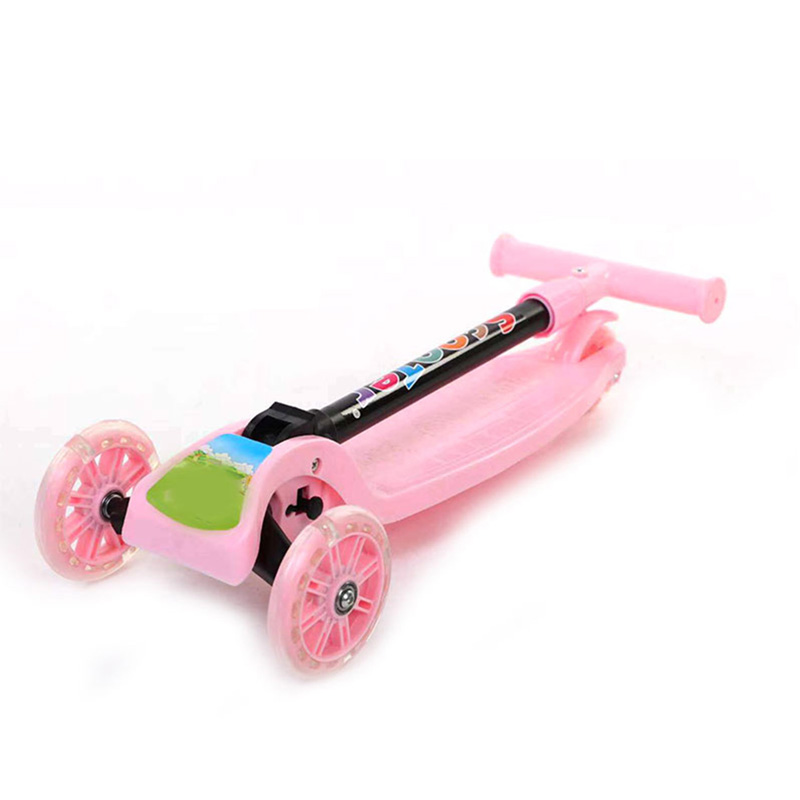Reasons Why Skaters Dislike Scooter Kids
Skateboarding and scootering are two popular forms of wheeled recreation that have garnered dedicated followings over the years. However, within the skate parks and urban environments where these activities thrive, a notable rivalry has emerged. Many skaters express a distinct dislike for scooter kids. Here, we explore the reasons behind this tension and examine how the skate culture perceives its two-wheeled counterpart.
One of the primary reasons skaters often have issues with scooter riders relates to space and etiquette in skate parks. Skaters have long been accustomed to the unwritten rules that govern park behavior. When a scootering novice enters the scene, they may not be fully aware of these rules, which can lead to chaotic situations. For instance, they might inadvertently cut off skaters mid-trick or occupy the same space without considering others. The fast-paced and flow-oriented nature of skateboarding clashes with the often slowed-down, less experienced approach of new scooter kids, leading to potential collisions and frustration.
Another contributing factor is the perception of skills and dedication between the two communities. Skateboarding is often viewed as a sport that requires a significant amount of time, practice, and physical exertion to master. The common stereotype is that skaters are serious enthusiasts who spend countless hours perfecting their tricks. Scooter riding, in contrast, may be viewed as an easier alternative, perceived as less challenging and, some argue, less “authentic.” This sentiment can create a divide, where skaters feel that scooter kids are encroaching on their culture without putting in the same level of effort or respect.
reasons why skaters dislike scooter kids

The culture surrounding skateboarding also plays a significant role in the rivalry. Skateboarding is often associated with a certain lifestyle and attitude. It thrives on individuality and creative expression. Skaters often pride themselves on the rawness of their sport, which contrasts sharply with the more commercialized image of scootering. The perception that scooter kids are more influenced by trends and brands can irritate those who value the grit and grassroots nature of skating. This cultural clash can breed animosity, as skaters feel scooter riders represent a dilution of the original ethos of skateboarding.
Additionally, there are social factors at play. The age demographic of scooter children often skews younger, leading to stereotypes about their behavior. Many skaters are teenagers or young adults who might view scooter kids as immature or reckless. This generational gap can create a divide where skaters feel scootering is just a fleeting phase for younger kids, further fueling their dismissive attitudes.
Finally, injuries and accidents in skate parks can heighten tensions between these two groups. Skaters are often alert and hyper-aware of their surroundings, as the risk of falls and injuries is inherent to their sport. Scooter kids, due to their varying skill levels, may unintentionally create hazardous situations that jeopardize not just their safety, but also that of the skaters around them. Such incidents can reinforce negative perceptions and contribute to the overall animosity skaters might feel towards scooter kids.
In conclusion, while both skaters and scooter riders share a love for wheeled sports and the thrill of movement, their approaches, culture, and etiquette often clash. Understanding these differences, however, could pave the way for greater respect and coexistence within shared spaces. Ultimately, both communities could benefit from embracing their unique identities while respecting each other's passions for their respective sports.
-

 Scoot&RideKids Child Kick Push Scooter 3 Wheels with LED Flashing Tilt Lean Boys Girls Scooter
Scoot&RideKids Child Kick Push Scooter 3 Wheels with LED Flashing Tilt Lean Boys Girls Scooter




- 4
$33.17 -

 Scoot&RideKids Scooter Child Kick Flashing LED Light Up 3 Wheel Push Adjustable Folding 3
Scoot&RideKids Scooter Child Kick Flashing LED Light Up 3 Wheel Push Adjustable Folding 3- 0
$25.52 -

 Scoot&RideKids Scooter Child Kick Flashing LED Light Up 3 Wheel Push Adjustable Folding 2
Scoot&RideKids Scooter Child Kick Flashing LED Light Up 3 Wheel Push Adjustable Folding 2- 0
$33.17 -

 Scoot&RideKids Scooter Teens Foldable Kick Push Scooter Adjustable Height Safe 2 Wheels
Scoot&RideKids Scooter Teens Foldable Kick Push Scooter Adjustable Height Safe 2 Wheels




- 4
$49.99
Meet our partners and discover what powers their creativity!
When you register for a Lohas scooter, you will receive a 10% discount on your first order and can be notified of sales, new product launches and other offers in advance.









